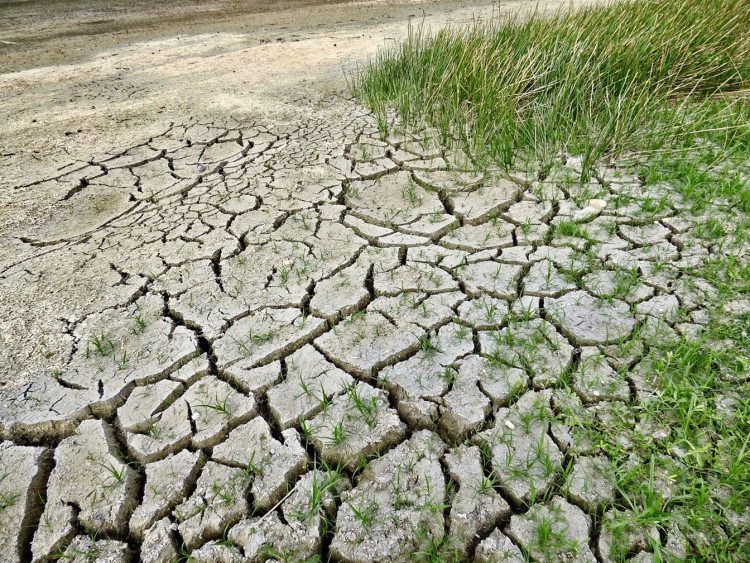The European Union's Copernicus Climate Change Service (C3S) on Friday revealed 2020 tied with 2016 as the world's warmest year on record. It also said that the second decade of this century (2011 to 2020) was the hottest on the books.
C3S said temperatures globally in 2020 were an average of 1.25 degrees Celsius higher than in pre-industrial times. The last six years (2014 to 2020) were also the world's hottest on record.
The European climate agency said 2020 recorded the highest temperature ever reliably recorded. This unnerving record occurred in August in the United States when a California heat wave pushed the temperature at Death Valley in the Mojave Desert to 54.4 degrees Celsius.
On the other hand, the Arctic and northern Siberia continued to warm more quickly than the entire planet last year. Temperatures in parts of these freezing regions were more than 6 degrees Celsius above a 30-year average used as a baseline, according to C3S.
The Arctic and northern Siberia also had an "unusually active" and destructive wildfire season. Huge fires poleward of the Arctic Circle released a record 244 million metric tons of carbon dioxide into the atmosphere last year, over a third more than in 2019.
Arctic sea ice continued to deplete and shrink, with July and October both setting records for the lowest sea ice extent in those months.
"The extraordinary climate events of 2020 and the data from the Copernicus Climate Change Service show us that we have no time to lose," said Matthias Petschke, Director for Space in the European Commission, the EU's executive arm.
These unnatural warming events reinforce the need for countries and corporations to slash greenhouse gas emissions fast enough to bring their levels within reach of the goals of the 2015 Paris Agreement to avoid catastrophic climate change.
The Paris accord aims to limit the rise in temperatures to "well below" 2 degrees Celsius and as close as possible to 1.5 degrees Celsius to avoid the most perilous effects of climate change.
"The key here is to ... reduce the amount we emit," said Copernicus senior scientist Freja Vamborg.
Copernicus' new data confirms others that also point to a rapidly warming planet. In August 2020, the American Meteorological Society issued a report saying the 10 years between 2010 and 2019 were the hottest on record since climate data collection began in the mid-1800s.
The society's "State of the Climate in 2019" report said 2019 saw the second hottest month on Earth while Asia had its third-warmest year.
Greenhouse gases in the Earth's atmosphere are now at their highest, according to the report. The planet will keep on warming as a result of human neglect of the environment, it said.
"Each decade since 1980 has been successively warmer than the preceding decade with (2010-2019) being around 0.2 Celsius warmer than (2000-2009)," noted the report. "As a primary driver for our changing climate, the abundance of many long-lived greenhouse gases continues to increase."






